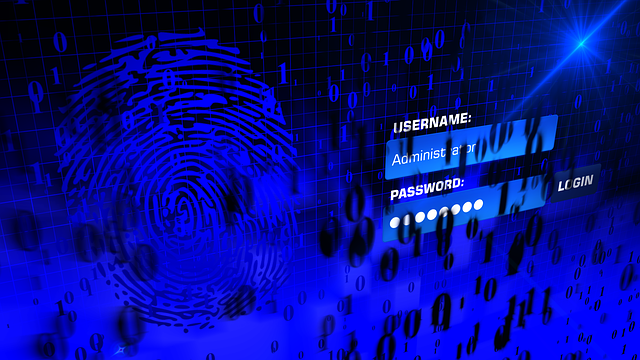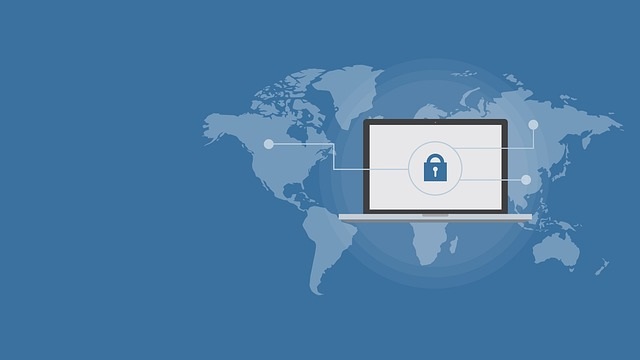As our digital lives become increasingly intertwined with our personal and professional ones, the importance of security has never been more paramount. The need to protect our sensitive information, online accounts, and digital identities has never been more pressing. One of the most effective ways to do so is through Multi-Factor Authentication (MFA), a security process that verifies the user’s identity through two or more independent factors.
As a result, the market for MFA is expected to reach USD 22.51 billion in the next two years. Furthermore, every organization has its own online application suite, including shared files, documents, folders, videos, and audio to create in-house and client profiles. Unfortunately, as cyber-attacks increase, companies are becoming increasingly vulnerable to security breaches.
In such a scenario, multi-factor authentication (MFA) becomes crucial for most organizations, regardless of size. MFA significantly reduces the risk of security breaches and helps safeguard sensitive data.
- Increased Security
The most obvious benefit of MFA is the added security it provides. With traditional password authentication, the user only needs to know their password to gain access. This can be problematic because passwords can be easily guessed or hacked. However, with MFA, the user needs to provide an additional form of authentication, such as a fingerprint or a one-time code generated by an app or sent via text message. This significantly reduces the chances of an unauthorized user gaining access to an account.
- Reduced Risk of Account Takeover
MFA also greatly reduces the risk of account takeover, a type of cyber attack where an unauthorized user gains access to an account and takes control of it. With MFA, even if a hacker manages to obtain a user’s password, they will still need to provide an additional form of authentication. This makes it much more difficult for the hacker to gain access to the account.
- Better Compliance
MFA is becoming increasingly important for compliance with regulations such as the General Data Protection Regulation (GDPR) and the Payment Card Industry Data Security Standard (PCI DSS). MFA is a requirement for many organizations to comply with these regulations. Failure to comply can result in significant financial and reputational damage.
- User-Friendly Experience
Many people associate security measures with inconvenience and extra steps. However, MFA can actually provide a more user-friendly experience. By using biometric authentication such as fingerprints or facial recognition, users can log in quickly and easily without having to remember complex passwords. Additionally, many MFA solutions allow users to stay logged in for extended periods of time, reducing the need to reauthenticate constantly.
- Protection Across Multiple Devices
With more and more people accessing their accounts from multiple devices, MFA provides an additional layer of protection that spans across all devices. This means that even if one device is compromised, the hacker will still need to provide additional authentication to gain access to the account from other devices.
In conclusion
Multi-Factor Authentication provides numerous benefits, including increased security, reduced risk of account takeover, better compliance, a user-friendly experience, and protection across multiple devices. By implementing MFA, individuals, and organizations can greatly reduce the risk of cyber-attacks and protect their sensitive information and digital identities.



